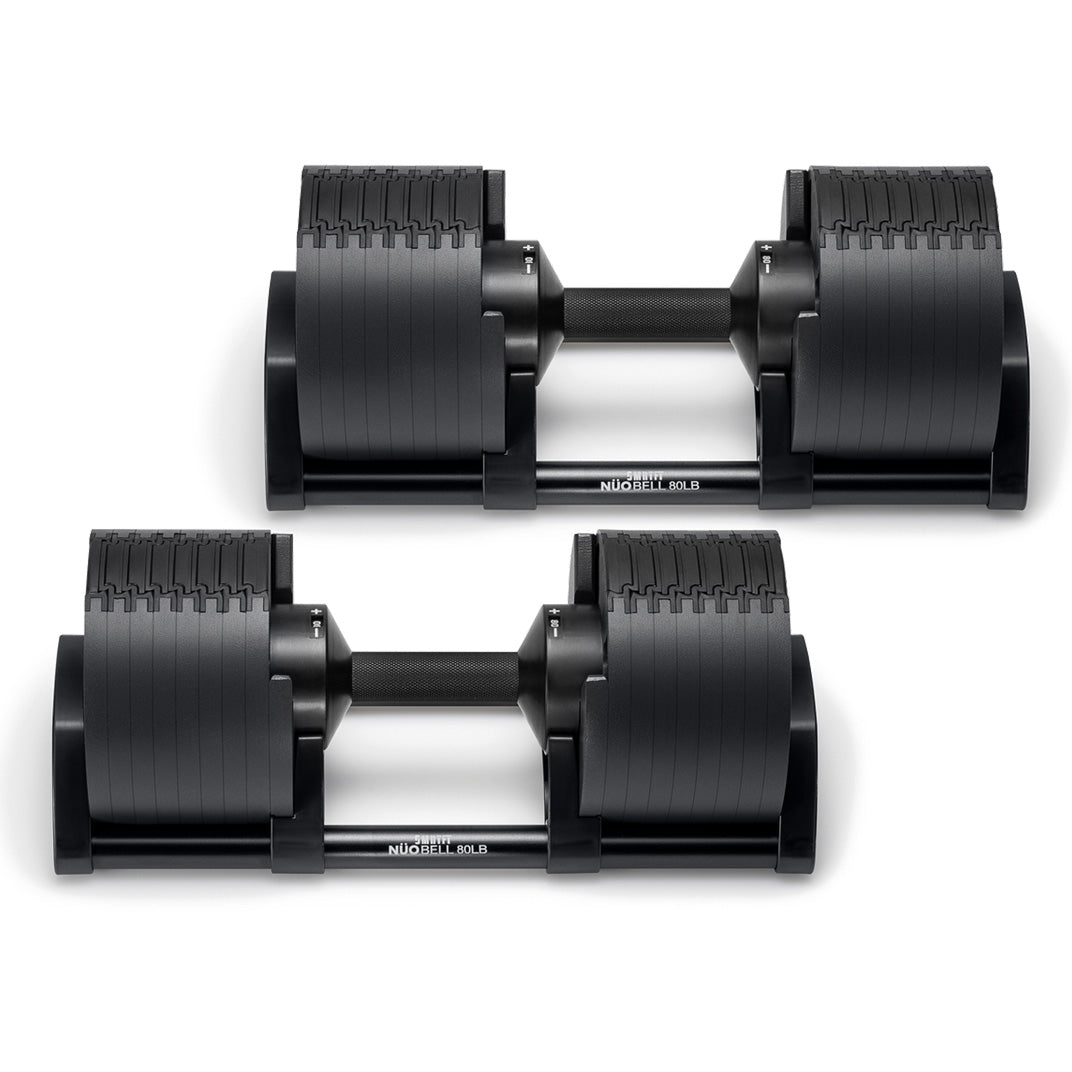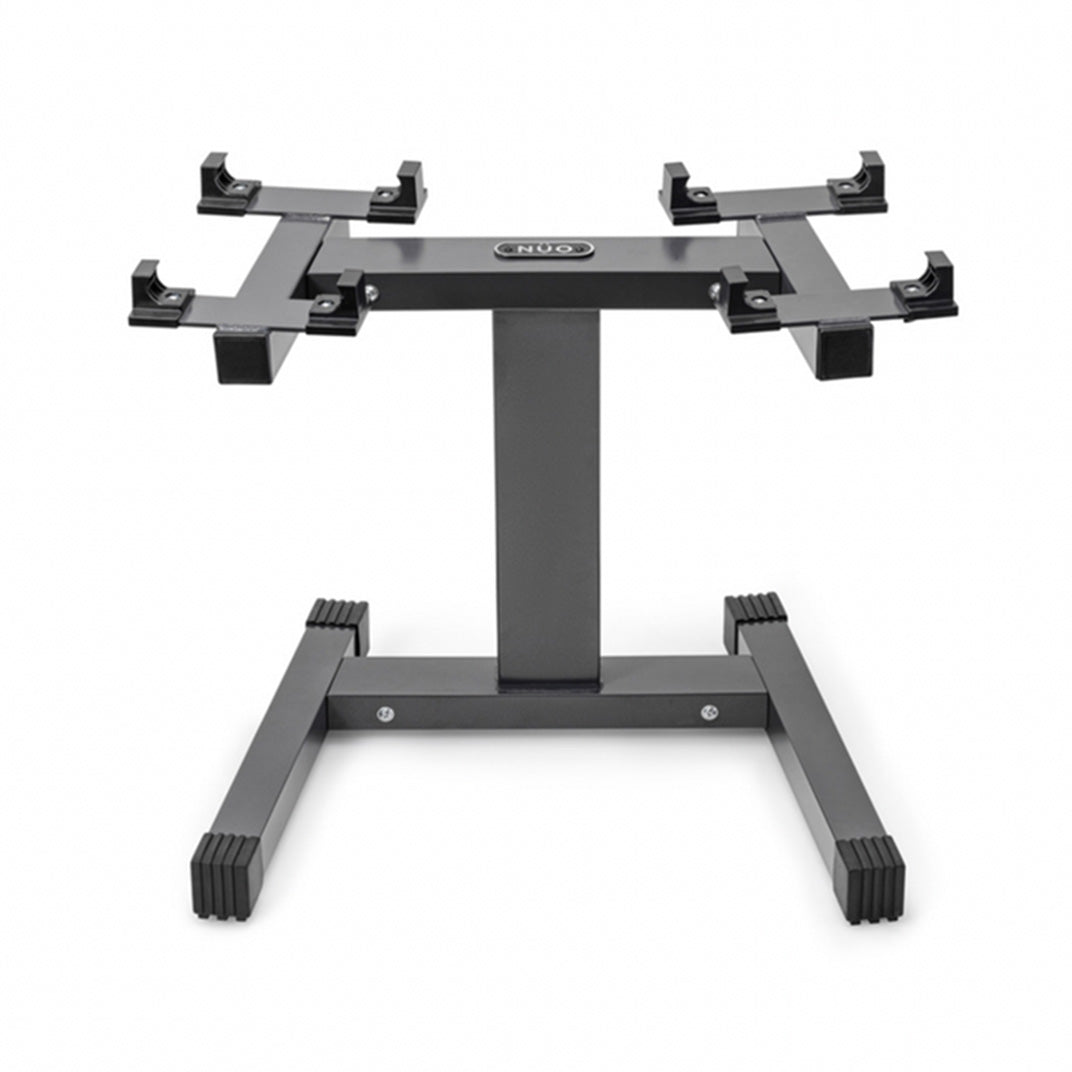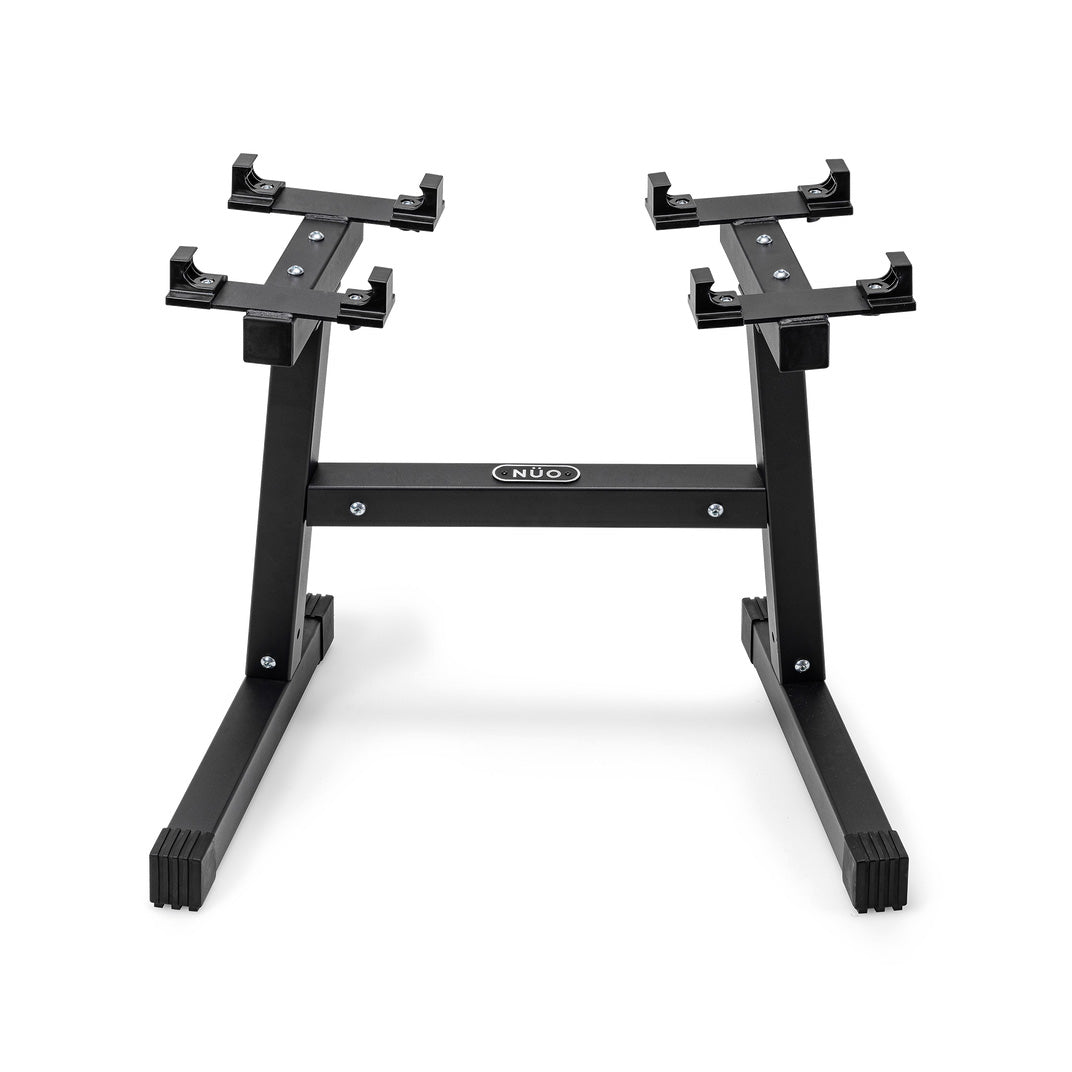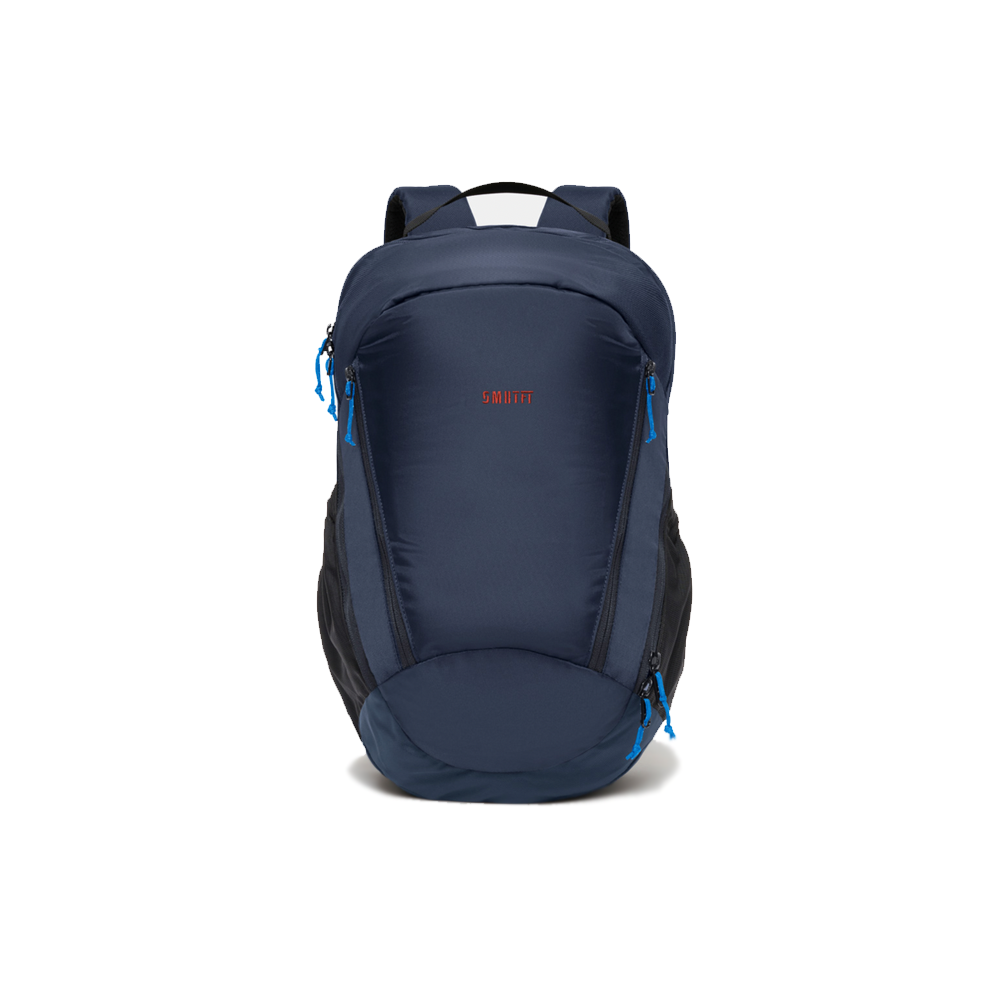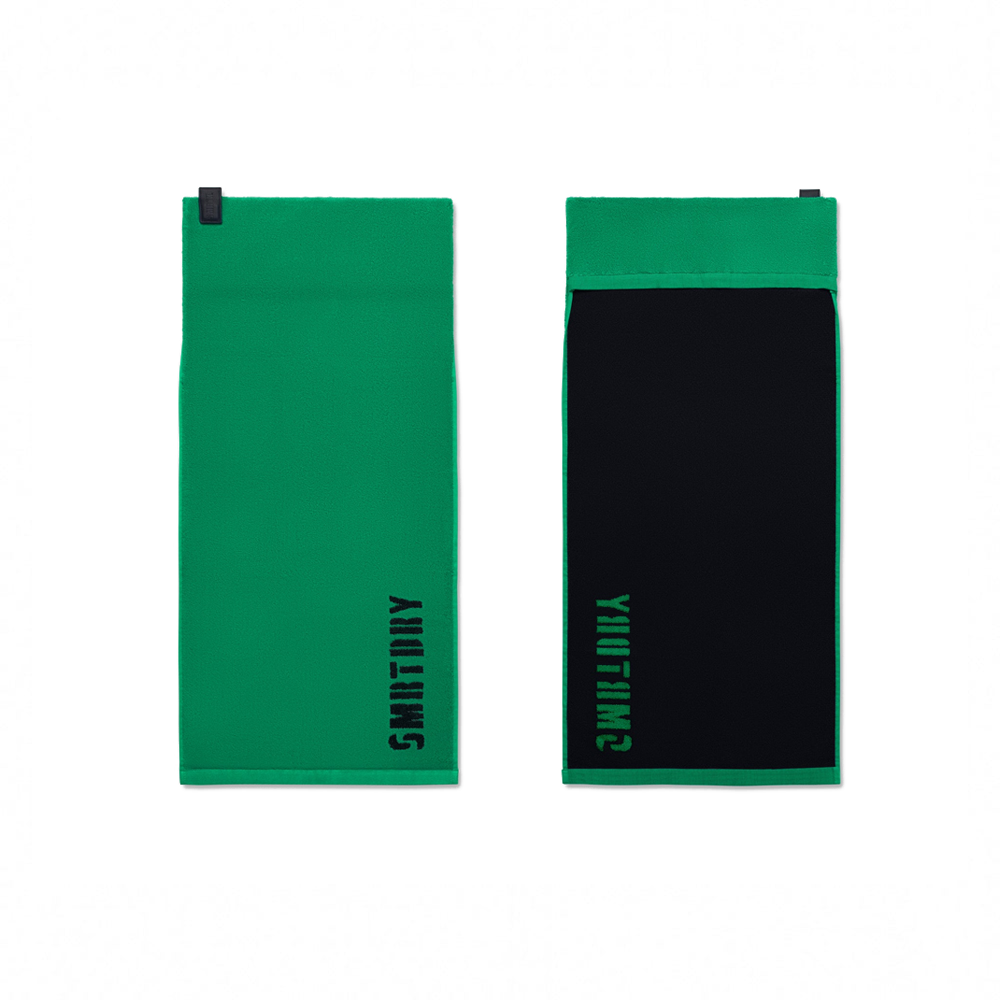by Dezi Abeyta, RD | SMRTFT Dietitian Writer
Marathon season's here, and that means new shoes, lighter watches, and shiny training logs. We love the gear, too. But when the gun goes off, two things will make or break the comp: caffeine and carbs. Get them right, and you'll feel steady through every split. Mess them up, and even the loudest crowd couldn't carry your legs.
Carbs: Filling the Tank the Right Way
Carbs aren't just "fuel." They're the system. "Quick ones" are usually things like fruit, juice, gels, all work best around training. Slow-digesting carbs, like grams, oats, and beans, should make up the rest of your meals. And yes, fiber matters: women need 25 grams a day, men need 38.
This can all help you before your biggest training runs – or before you hit a competitive marathon or 5K. Here’s how:
Two days out from a big race, start carb loading, essentially bumping your carbs up from your normal amounts by 10-12 grams per kilogram of bodyweight. Keep fiber and fat light so your stomach doesn't revolt. Stick to foods you know: rice, pasta, cereals, potatoes, and fruit.
Come race day, add another 1-4 grams per kilogram of bodyweight. Stick with the foods you’ve been eating, though; you don’t want to mess with your stomach. Then right before the start of the race, have a small gel or drink with 20-30 grams of carbs; this’ll keep your blood sugar steady while you settle into your pace.
And when you’re on the course, think steady drip. Target 70-90 grams of carbs for each our of running. Spread your gels out every 20–25 minutes, chase with water, and don't double up gels with a heavy sports drink in the same mile.

The Caffeine Breakdown
Caffeine is one of the most studied ergogenic aids out there. Studies confirm endurance benefits when used in the right dose and timing.
Research shows you’ll what 3-6 milligrams per kilogram of bodyweight. For most runners, that works out to 200-400 milligrams total. More than that may cause jitters, bathroom stops, or no sleep the night before. A safe single serving is around 200 mg, with 400 mg the daily ceiling.
Take it about 30–45 minutes before the start. That's when blood levels are climbing, right as you hit your rhythm. Then for a mid-race boost, have a smaller second dose, maybe 75–150 milligrams, to keep your head sharp and your legs turning over. A gel with caffeine works well (but if you’re racing test this in a practice run first!).
If your stomach won’t cooperate. Use a caffeine pouch or mouth rinse late in the race. Pop it in, spit it out, you still get a nervous system kick without swallowing more liquid.
Pulling It Together
1. Carb load: 36–48 hours out, 10–12 g/kg/day
2. Pre-race meal: 1–4 g/kg carbs, 1–4 hours out
3. On course: 70–90 g carbs/hour, multiple sources
4. Caffeine: 3–6 mg/kg total. First dose ~30–45 min before, optional top-up mid-race
Bottom Line
Marathon fueling can be complicated if you don't plan. Start with carbs, they keep your engine running and then allow caffeine to sharpen your system. Practice the combo in training, learn what your gut can handle, and do your best knowing you've got the two levers that matter most dialed.


